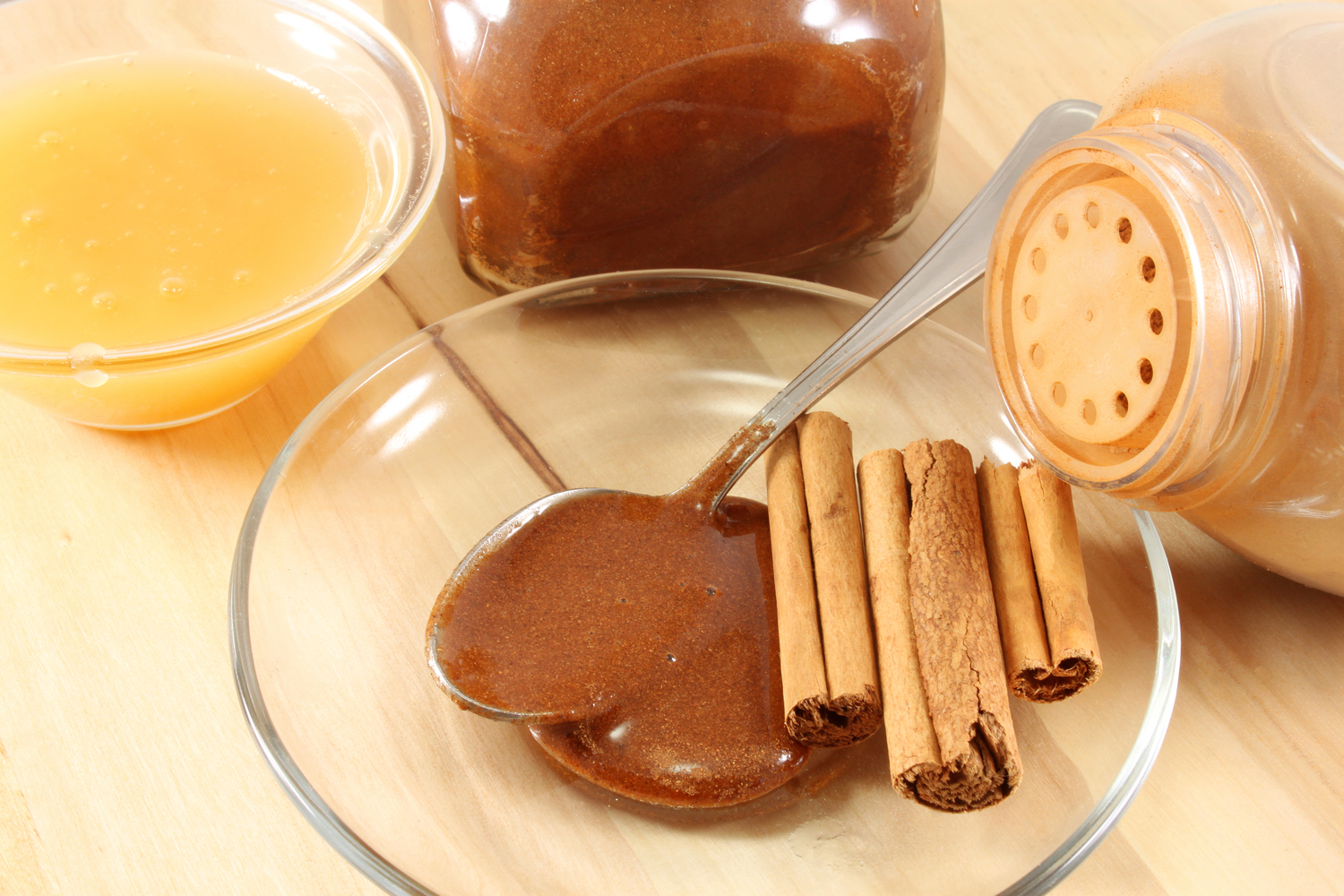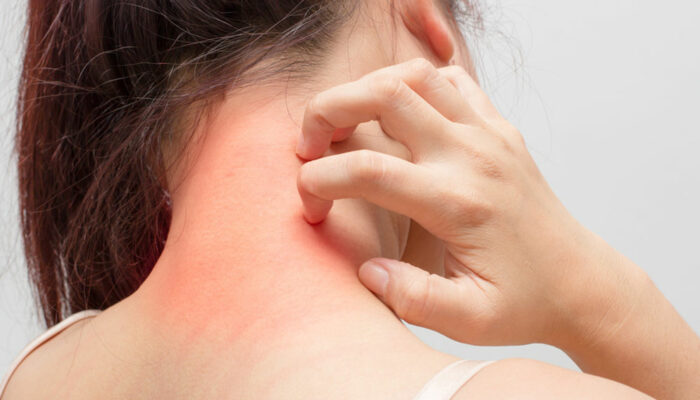
Reducing Eczema with Natural Remedies
Eczema, also known as atopic dermatitis, makes your skin red and itchy. It can occur at any age, but is most common in children. Eczema is long lasting and tends to flare up periodically. Symptoms are dry skin, itching which may be severe at night, red to brownish-gray patches in the hands, feet, ankles, wrist. There can be small, raised bumps, which may leak fluid when scratched.
There is no cure for eczema but there are treatments and self-care measures that can relieve the itching. There are many natural treatments that can address the dry, itching skin, including:
1. Aloe vera
Aloe vera has antibacterial and antimicrobial properties. The antibacterial and antimicrobial effects can prevent skin infections. It has wound-healing properties that will soothe broken skin and promote healing when there is an outbreak.
2. Apple cider vinegar
Apple cider vinegar may help with eczema. This vinegar is highly acidic and since people with eczema may have less than acidic skin than other people so applying the diluted apple cider vinegar can help balance the skin’s acidity level. Vinegar may also fight bacterial which can affect the skin if it is scratched and broken.
3. Colloidal oatmeal
Colloidal oatmeal is made from oats that have been grounded and boiled to extract their healing properties. This extract is made into a lotion that helps with dry skin, scaling, roughness and intensity of the itch. You can use this powder in a warm bath and soak to relieve symptoms.
4. Coconut Oil
Coconut oil has been the latest rage lately with many diseases and eczema is one of them. It contains healthful fatty acids that can add moisture to dry skin. Coconut oil can also protect the skin by combating inflammation and improving the health of the skin barrier. It can applied after a bath and throughout the day to keep skin moist.
5. Honey
As with the other natural ingredients above, honey has a natural antibacterial and anti-inflammatory agent. Honey has been used for centuries to heal wounds by dabbing a little honey onto the area. Honey also boosts the immune system so adding it to the eczema diet can help prevent infections.
6. Dietary changes
The eczema diet includes foods that reduces inflammation. Certain foods can cause or reduce inflammation in the body and reducing the outbreaks of eczema. Some examples of anti-inflammatory foods include fish, leafy greens, beans and lentils. Bananas, potatoes and green onions all have important nutrients to help keep a flare-up from occurring. Foods that contain probiotics such as yogurt can support a strong immune system. Miso soup and kefir are also good to boost your immune system. Try to stay away from any foods that can trigger a flare-up such as citrus fruits, dairy and eggs. Also stay away from items high in sugar such as cakes, sweets and soda.
Though there is not one specific regimen to follow when your atopic dermatitis flares up, it is good to try which option and process is best for you. This is a disease that is manageable if you are able to identify the triggers, including what foods you eat. There isn’t a single diet for everyone but knowing your body may help stave off some flare-ups.



